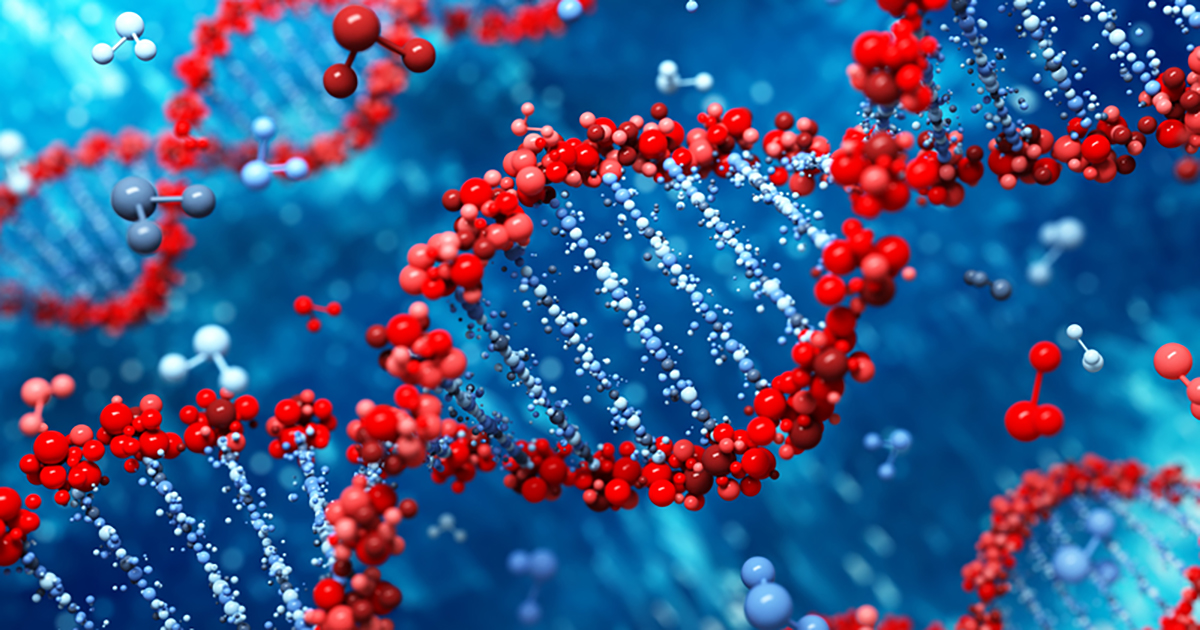Causes And Types Of Dwarfism
Dwarfism is a rare medical condition of short stature that may be caused by a genetic mutation or medical condition affecting bone growth. The condition goes by many names, including 'person of short stature,' 'little person,' and 'LP,' which are preferred over 'dwarf.' Many cases of dwarfism have an unknown cause when a gene spontaneously mutates, but the condition often runs in families.
It's a common misconception that dwarfism is just about height, but the condition comes from a genetic or medical condition. Most individuals with the condition are no more than four feet ten inches tall but short stature can be caused by other medical issues, such as malnutrition, not related to dwarfism. The following are common types and causes of the condition.
Genetics

There are more than two hundred conditions that can cause dwarfism, but the most common types, skeletal dwarfisms in which there is abnormal bone growth, are genetic. Several types of dwarfism are related to genetics such as diastrophic dysplasia and spondyloepiphyseal dysplasias (SED).
Skeletal dysplasia dwarfism is caused by a genetic mutation that is inherited or occurs spontaneously. Some forms of dwarfism are inherited recessively, which means a child must get two copies of the mutated gene to be affected by the condition. Other types can be inherited in a dominant manner, meaning a child needs only one mutated gene from either parent or spontaneously to develop dwarfism.
Growth Hormone Deficiency

Growth hormone deficiency (GHD) is also known as pituitary dwarfism, and it happens when the body does not produce enough growth hormone. In some cases, pituitary dwarfism is associated with other hormonal deficiencies such as vasopressin, which controls water levels; gonadotropins, which control sex hormone production; and thyrotropins, which control thyroid hormone production.
Children who have GHD have an abnormally short stature but normal body proportions. The condition is also characterized by delayed or absent sexual development at puberty. Some individuals develop other symptoms of hormone deficiency such as excessive thirst, headaches, and facial abnormalities. Sometimes the cause of GHD is unknown, but it can be the result of genetic defects, a severe brain injury, or being born with no pituitary gland. For some patients, GHD is present at birth, though it can also be acquired later in life, such as the case with a brain injury.
